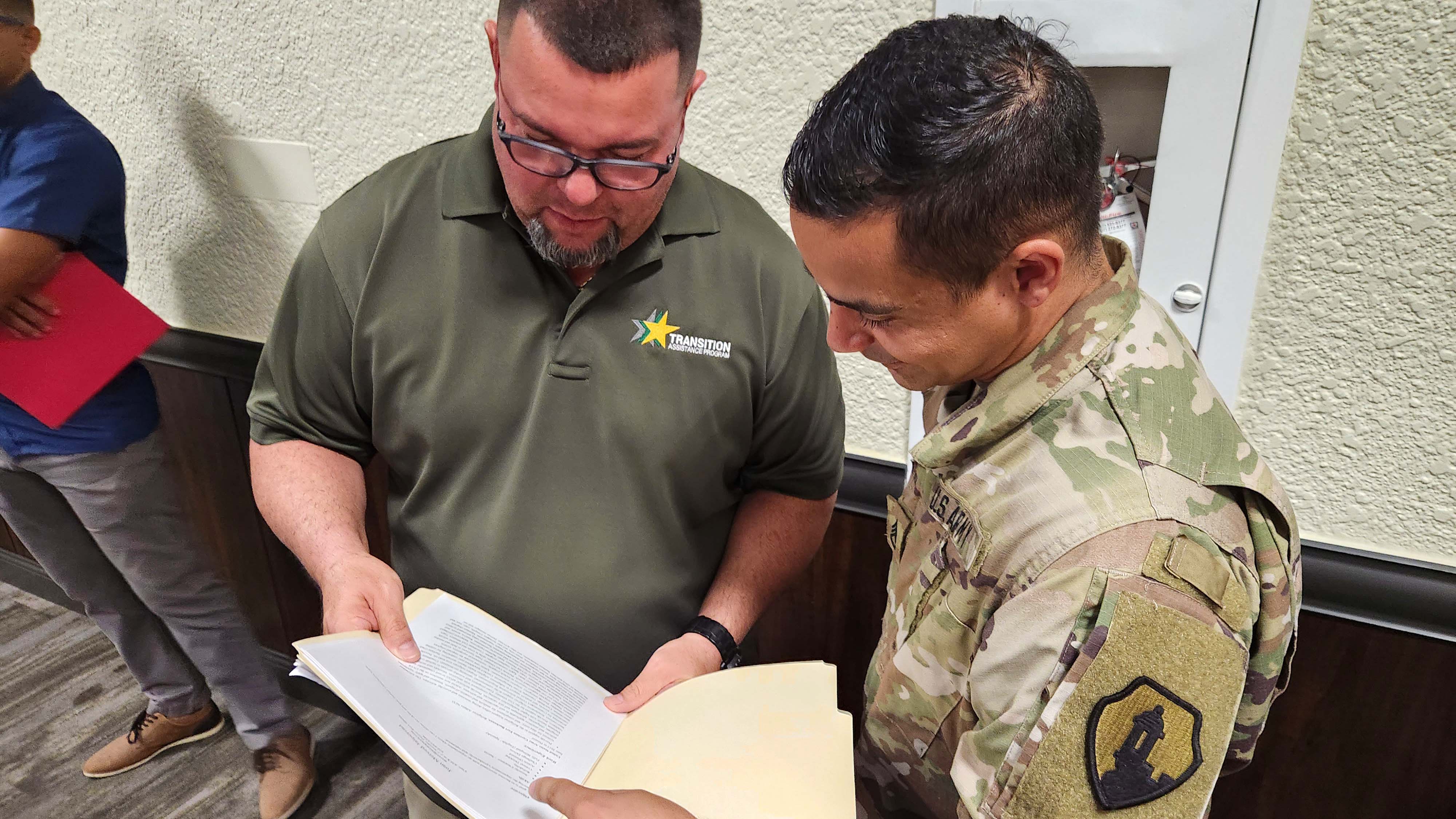Troops Need More Help Transitioning to Civilian Life
Troops Need More Help Transitioning to Civilian Life

Programs aimed at easing service members’ transition to civilian life could be improved, particularly as post-9/11 veterans face “greater” challenges than those in previous generations, a panel of experts said during a joint hearing on Capitol Hill.
“It is our duty to ensure a successful service member is a successful veteran,” Ashish Vazirani, acting undersecretary of defense for personnel and readiness, testified before the Senate Veterans’ Affairs and Armed Services Committees.
“Members of the military and their families repeatedly proved their dedication, courage and selflessness in protecting our nation,” he said during the October hearing. “In return, our value proposition is to provide them with the support, services and resources they need to thrive beyond the battlefield.”
About 200,000 service members transition to civilian life every year, according to DoD.
Though some service members transition well to civilian life, others struggle and may experience mental health issues, unemployment and disability-related issues, among others, according to a recent Government Accountability Office report on how military transition programs can be improved.
More than 60% of post-9/11 veterans report difficulty adjusting to civilian life, compared with 25% of veterans from earlier eras, according to data cited in a 2022 article in the Journal of Behavioral Health Services and Research.
In addition to cost-of-living increases and a highly competitive job market, veterans face some military-specific challenges, including trouble translating their military experience to civilian employers and worsening mental health during the transition out of uniform.
There are several programs to help those leaving the military, including the Transition Assistance Program, which helps service members develop a post-transition career plan, and the Solid Start Program, which offers veterans tailored information and resources during their first year after the military.
Still, post-9/11 veterans are having a particularly hard time transitioning to civilian life, said retired Lt. Col. Arthur DeGroat, a third generation Army officer and combat veteran who now is executive director of the Office of Military and Veterans Affairs at Kansas State University.
“Today, we find our post-9/11 era veterans having a greater transition challenge than any other previous generation,” DeGroat said, adding that this new generation of veterans is “competing for [jobs against a] highly skilled incumbent civilian talent pool.”
Though service members are required to begin the Transition Assistance Program at least one year before leaving the military, 70% of active-duty service members started the program less than a year before their anticipated separation, according to the Government Accountability Office, citing data from April 2021 through March 2022.
While many “process improvements were made” to ease the transition, DeGroat stressed that the current Transition Assistance Program model does not give service members adequate time as they try to make major life decisions.
“We are also asking our young service members to forge their post-military futures within a process started just 365 days before they exit,” DeGroat said. “This is both daunting and unrealistic given what we know empirically about adults making these types of life changes. My deepest belief is that our current TAP program places too much life decision-making upon our existing service members too close to their departure.”
Improvements to transition assistance are “ongoing,” but Vazirani said that he’s proud of the support that various programs offer service members as they leave the military.
“I’m proud of the holistic transition framework that delivers individualized support for service members and their families through our interagency partnership,” he said. “With your continued support, we will uphold our promise to take care of our people, securing their future and ensuring the continued success of the all-volunteer force.”

